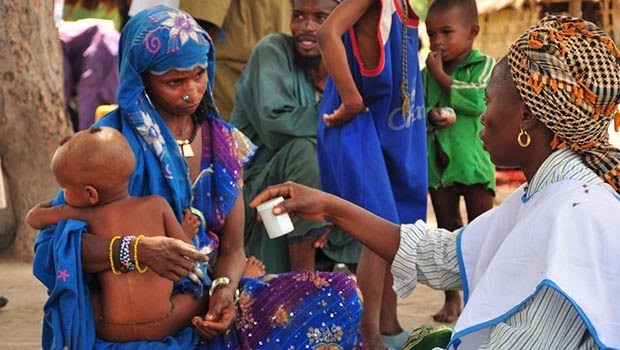The Minister of Health, Dr Jane Ruth Aceng, has said government is committed to continuing with Viral Hepatitis B and C systematic mass screening policy focused on most at risk populations like the prisoners, commercial sex workers, refugee camps and communities hosting refugees in a bid to fight the virus.
Minister Aceng said during the first ever African Hepatitis Summit that is aimed at rallying partners and countries to eliminate Viral Hepatitis in Africa.
Under the theme for the summit is, ‘Eliminating Viral Hepatitis in Africa; Implementing the Viral Hepatitis Strategy’ brought together participants from over 25 countries, will provide an opportunity for countries to develop and work towards implementing action plans, sharing best practices and lessons learnt from each other in the fight against the epidemic.
Dr. Aceng, said government of Uganda adopted the World Health Assembly (WHA) resolutions of 2010 and 2014 on viral hepatitis that recognize the disease as a public health problem.
“Ministry of Health established a Hepatitis Technical Working Group, which developed a strategic action plan for the elimination of Hepatitis B, a Vaccination plan to vaccinate adolescents and adults and statutory instruments declaring Hepatitis B as a public health threat in Uganda. Another instrument in the plan makes vaccination of health workers against Hepatitis B mandatory,” she said.
In Uganda, according to the Uganda Population-based HIV Impact Assessment survey, (UPHIA, 2016), it is estimated that the prevalence of Viral Hepatitis B is at 4.1 per cent in the population aged 15-64 years. The disease prevalence, however, varies from region to region with the highest prevalence in the North at 4.6 per cent and the lowest in Southwest at 0.8 per cent.
While the actual prevalence of Viral Hepatitis C in Uganda is unknown, the data from the National Blood Bank indicates that the prevalence of Hepatitis C among blood donors in Uganda is approximately 1.5 per cent.
To mitigate Hepatitis B prevalence, Uganda has embarked on producing the first line drugs recommended for treating Hepatitis B. This makes it one of the first countries in Africa to produce the medicines. This is being done by Cipla Quality Chemical Industries Ltd, a WHO-approved pharmaceutical manufacturer.
In addition, the government will strengthen and sustain injection, blood and surgical safety and universal precaution among health care workers.
Awareness creation on viral hepatitis will also be hastened by working with community groups and Civil Society Organizations (CSO) to increase opportunities to educate the population about viral hepatitis.
In Africa, dying of viral hepatitis is becoming a bigger threat than dying of AIDS, Malaria or Tuberculosis. It is estimated that every year, 200,000 people die from the complications of viral hepatitis B and C mostly liver cancer in Africa.
This is against a background that, 60 million people in this region were living with chronic hepatitis B infection as early as the year 2015, of which, 4.8 million are children under five years old. In addition, an estimated 10 million people are infected with hepatitis C, almost certainly due to unsafe injection practices.
The World Health Organization (WHO) Country Representative in Uganda, Dr Yonas Tegegn Woldemariam said that the WHO Regional Office for Africa established the Framework for Action for the Prevention, Care and Treatment of Viral Hepatitis in the African Region (2016–2020). “This was designed to guide the Member States on the implementation of the Global Health Sector Strategy on Viral Hepatitis which calls for the elimination of hepatitis by 2030,” he said.
Dr Yonas further notified the delegates that WHO would provide measures against which to track the progress of the framework, “we designed a scorecard which will be presented at this summit. It provides vital information about the status of the regional hepatitis response while measuring progress against the WHO Framework for Action.
In order to reduce hepatitis Infections, the Government of Uganda also plans to screen all pregnant women for Viral Hepatitis B & C as well as introduce the Hepatitis B birth dose. This will help eliminate mother-to-child transmission of Hepatitis B and C infections.







